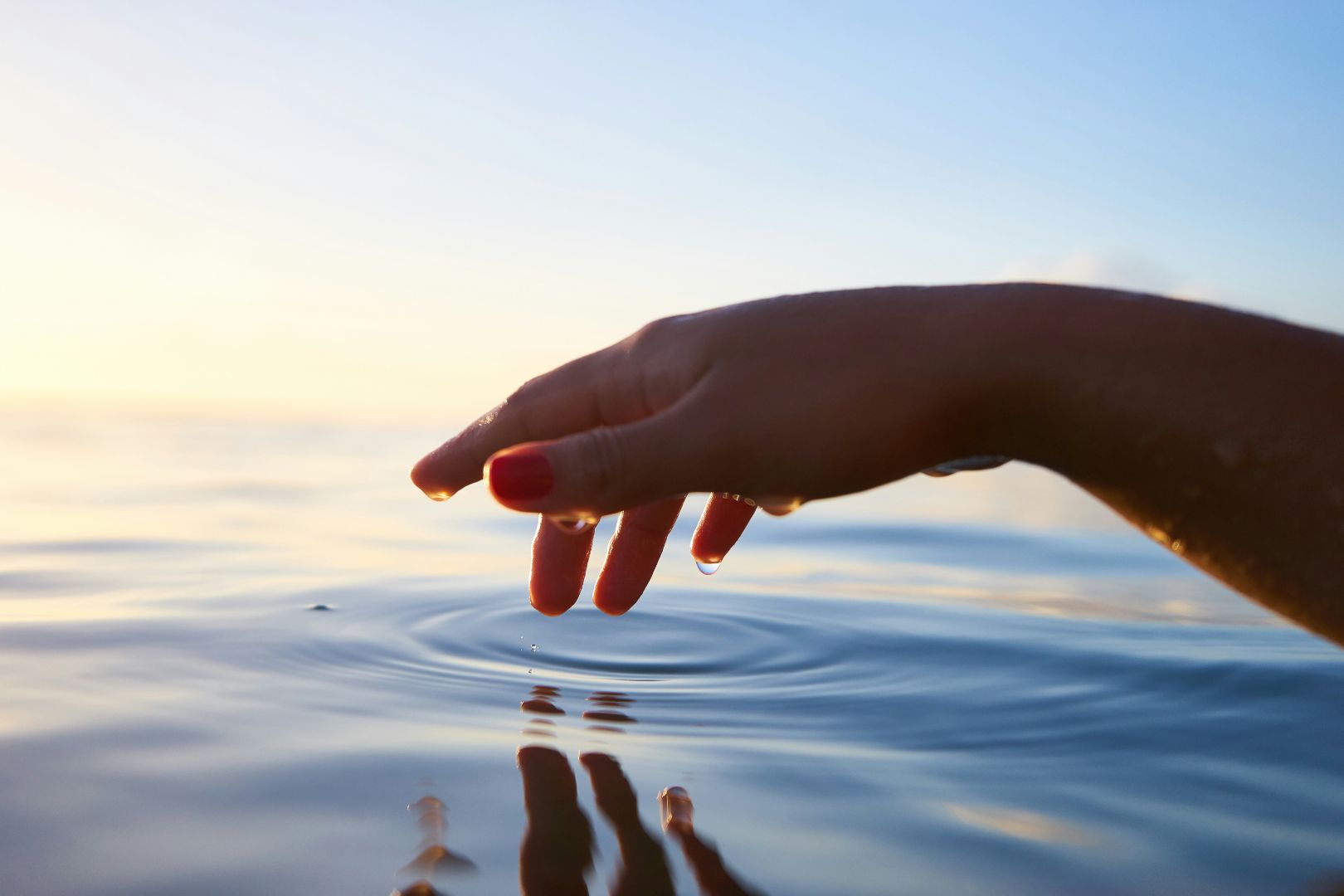In the grand scheme of environmental concerns, the concept of a "water footprint" might seem like a mere drop in the bucket. However, as we become increasingly aware of our impact on the planet, understanding and reducing our water footprint is an essential step toward sustainable living. Much like a carbon footprint tracks the greenhouse gas emissions associated with our activities, a water footprint measures the total volume of freshwater used to produce the goods and services we consume.
From the food we eat to the clothes we wear, even the seemingly simple act of taking a shower contributes to our individual water footprint. In a world where water scarcity is a growing concern, it's vital to recognize that every drop counts. By exploring the nuances of water footprints and adopting conscious consumption habits, we can collectively make a significant difference.

The Hidden Water in Everyday Life
It's easy to underestimate the water footprint of everyday items. A simple cotton t-shirt, for instance, requires a staggering 2,700 liters of water to produce. Similarly, a cup of coffee has a hidden water footprint of about 140 liters. Even a juicy hamburger carries a hefty water footprint of around 2,400 liters, considering the water used to grow the feed for the cattle.
Beyond the products we consume, our daily routines also play a role. Long showers, leaky faucets, and running the dishwasher half-full all contribute to unnecessary water wastage. By becoming aware of these hidden water footprints and adopting mindful practices, we can significantly reduce our overall impact.

Sustainable Solutions for a Smaller Footprint
Reducing your water footprint doesn't necessarily mean sacrificing comfort or convenience. Simple adjustments to your daily habits can make a world of difference. Opt for shorter showers, fix those leaky faucets, and only run the dishwasher when it's full. When it comes to personal hygiene, consider alternatives like a rinse-free body wash or no-rinse cleansing foam, particularly if you have sensitive skin. These innovative products, like hypoallergenic body wash options, offer effective cleansing without the need for excessive water use.
In addition to mindful water usage, conscious consumption choices play a crucial role. Support brands that prioritize sustainable practices and use water-efficient production methods. Choose organic produce, which typically requires less water than conventional farming. By making informed decisions about the products we purchase and the companies we support, we can encourage a shift towards a more water-conscious economy.

Every Drop Makes an Ocean of Difference
While the concept of a water footprint might seem overwhelming, remember that individual actions, no matter how small, can collectively create a ripple effect of positive change. By understanding our impact and embracing sustainable practices, we can contribute to a future where water resources are cherished and protected.
Ready to make a splash in water conservation? Discover BODDI, the all-over no-rinse body wash that's as gentle on your skin as it is on the planet. With natural ingredients and a no-rinse formula, BODDI is your go-to solution for quick, effective cleansing without wasting a drop of water.
Whether you're an outdoor enthusiast, a busy parent, or simply looking to reduce your environmental impact, BODDI is the perfect addition to your sustainable lifestyle. Embrace the convenience and freshness of BODDI today and join the movement towards a smaller water footprint.
The information provided in this blog is for general informational purposes only and should not be considered medical advice. Please refer to the Privacy Policy for details on website practices, disclaimers, and disclosures.
BODDI products are formulated for a wide range of skin types, but everyone’s skin is unique. We recommend performing a patch test before full use. If irritation occurs, discontinue use immediately.
For the most accurate and up-to-date information about BODDI products, please visit boddiskin.com.


